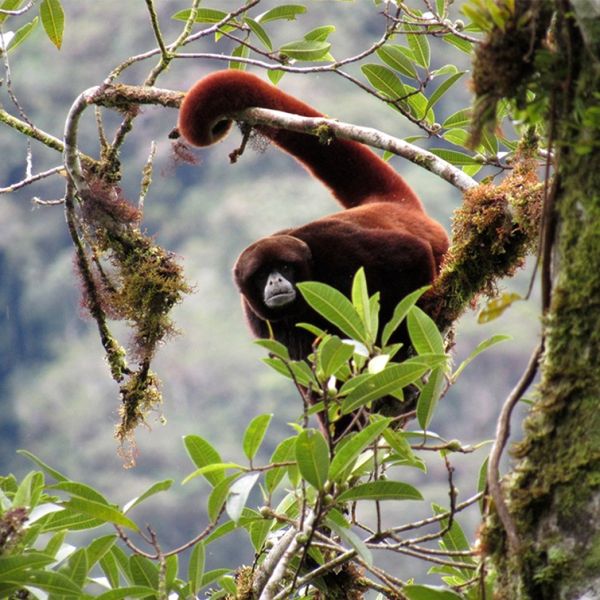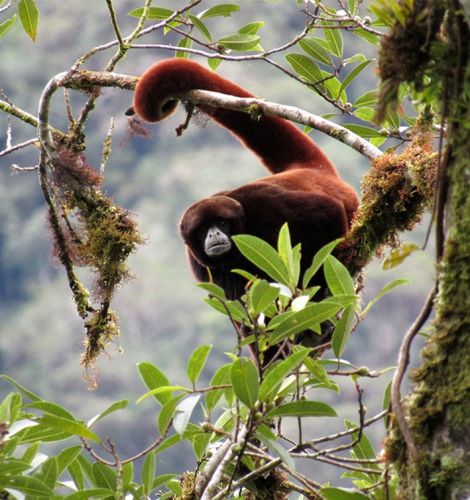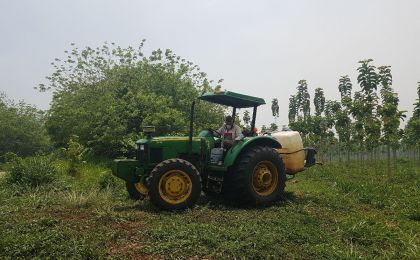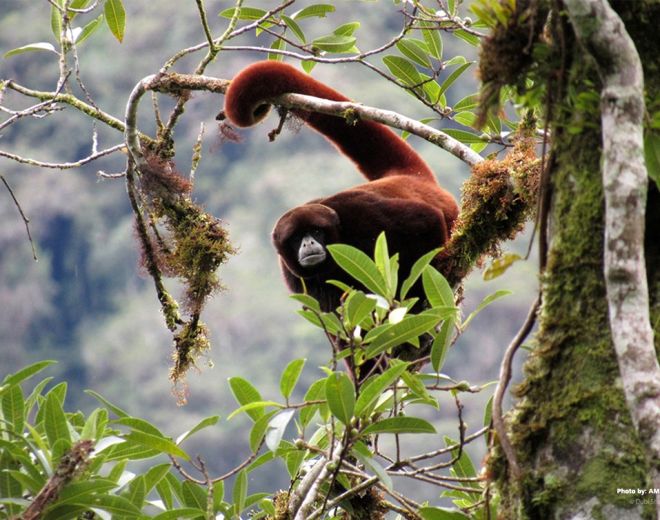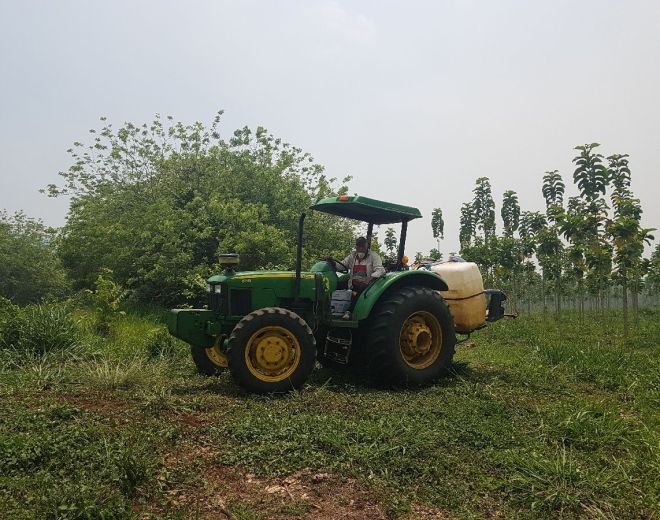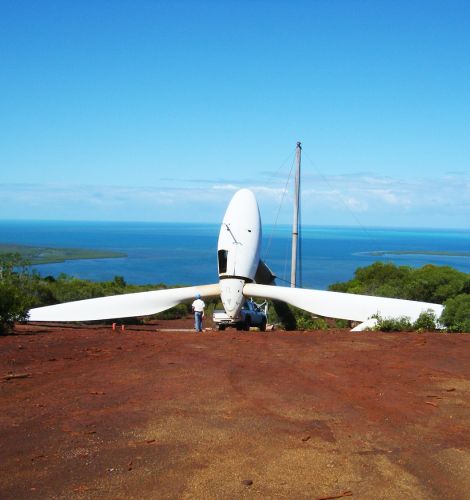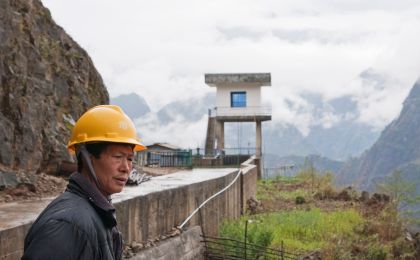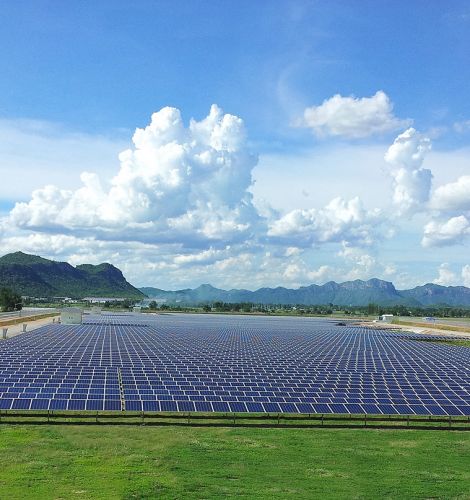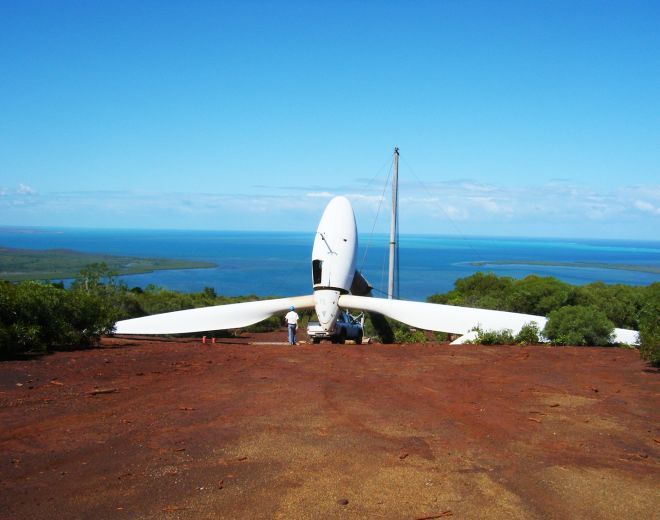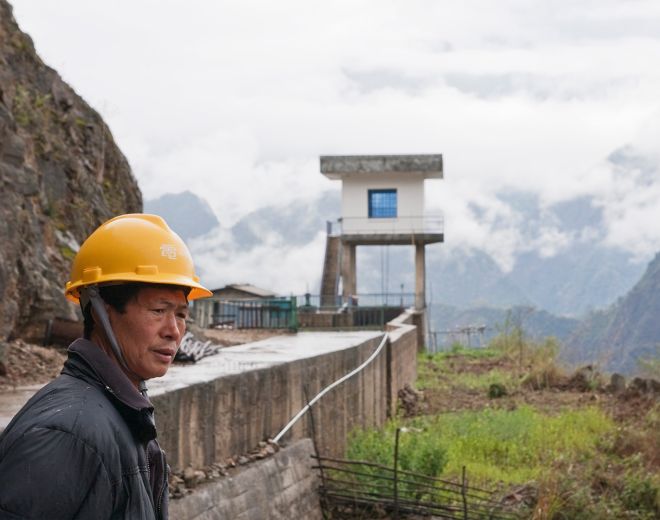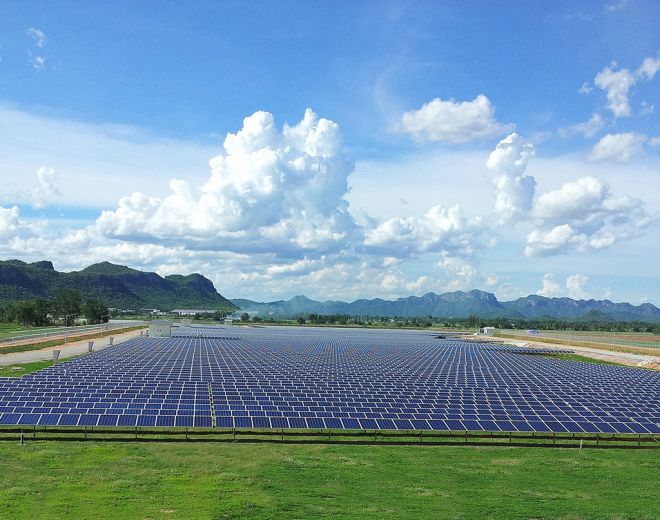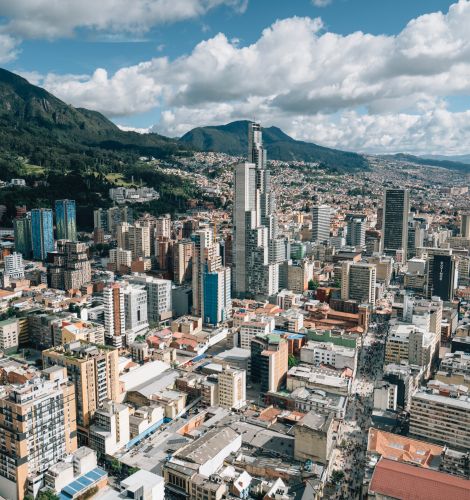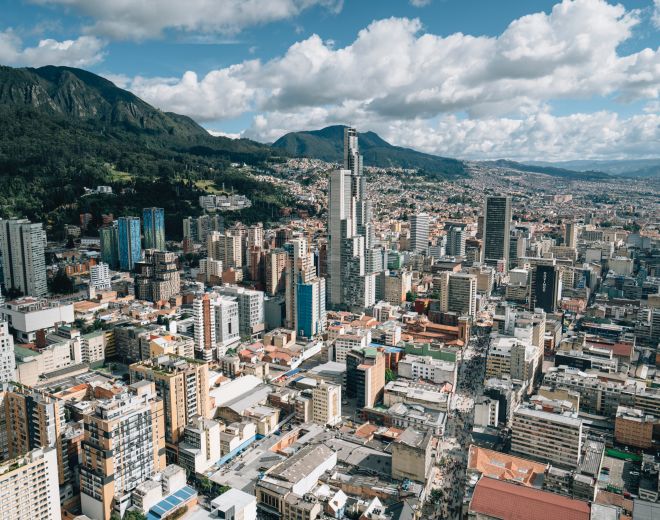Categorías

South Pole’s Digital Solutions
We understand that your business is under more pressure than ever to step up its sustainability agenda. That is why we have the software integrations available for you to get started today.

Transformative Climate Solutions
We are helping to drive the transformation from a consumption-led, extractive economy to a low-carbon, sustainable one.

Contacta al Equipo
Póngase en contacto hoy mismo y comience su camino hacia el liderazgo climático.


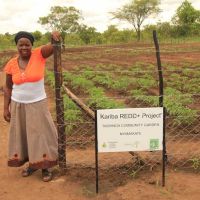

Gestiona tus emisiones ahora
Nuestra plataforma permite a personas y organizaciones medir, rastrear y compensar sus emisiones.

El reporte de net zero de South Pole de 2024
Destino net zero: el estado de la acción climática corporativa
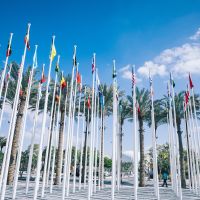
El blog de South Pole
Obtenga nuevas perspectivas y opiniones de nuestros expertos internos y autores invitados.

Próximos Eventos
Amplificamos las principales voces que abordan la emergencia climática. Cubrimos temas de vanguardia sobre acción climática, brindándote la información necesaria para dar el siguiente paso en su camino climático.

El snapshot de South Pole se envía cada dos meses
El snapshot de South Pole se envía cada dos meses hablando de los últimos avances en sostenibilidad, cambio climático y el mundo de South Pole.
